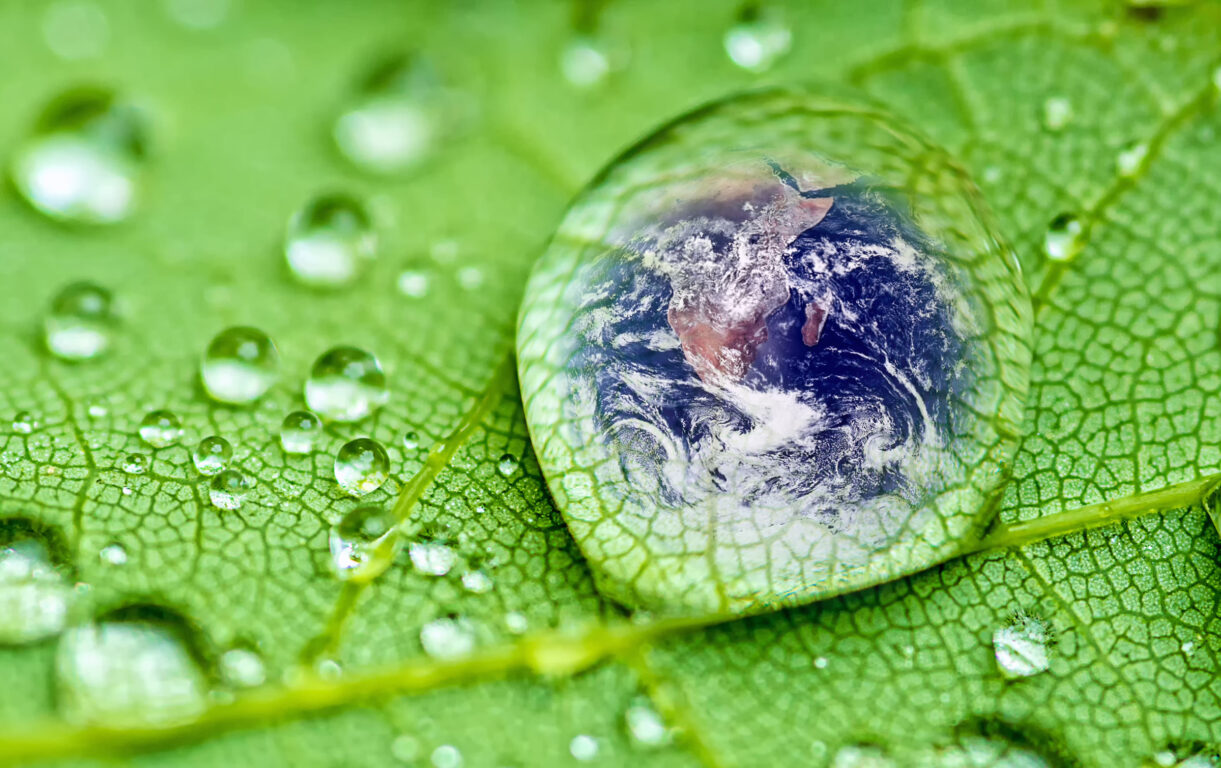GOAL 6: Water Sustainability

Many businesses are remodeling to ensure that they adopt best practices to ensure sustainable development. The basic concept of sustainable development endorses putting in place strong measures to spur economic and social development particularly for people in developing countries, while ensuring that environmental integrity is sustained for future generations.
One of the key challenges to sustainable development that has come up in the recent past is the unfolding of the global ecological crisis which is proving to be a barrier to human development. From an ecological perspective, the ecosystem is getting to critical levels such as the recent wildfires such as the Gulf of Mexico and Dixie fires.
Water, as set out by SDG 6 on clean water and sanitation, is one of the most important life support systems that plays a vital role in the realization of many of the sustainable development goals. For example, SDG 1 on reduction of poverty. The relation between water and poverty is a two way street. Access to adequate water and safe water supplies is essential for poverty reduction, yet poverty itself can be a driver of pollution and unsustainable use of water.
Water management contributes to 4 key dimensions of poverty reduction:
- Enhanced livelihoods security
A range of production activities require reliable water supply
- Hygiene improves health and reduces poverty
Improved access to safe water, basic sanitation and improved hygiene is one of the most effective ways to improve health.
- Reduced vulnerabilities
Reducing the risks and impacts of hazards related to volatile politics and politics as well as unsustainable environmental trends and shocks from water related natural disasters.
- Economic growth
Water provides livelihood and entrepreneurial opportunities, generating high returns for local economics.
Investing in improved water management and services is one prerequisite to reducing poverty and achieving sustainable economic growth.
Still in the economy, water can expand economic opportunities. Water is an essential resource in the production of goods and services. The water supply needs to be of good quantity and quality to enable a financially stable economy.
Facebook, which announced that it had achieved net zero emissions sometime earlier, has changed the way it values, manages and uses water. Facebook has also refocused investments to align itself with sustainability goals by making its centres more water efficient.
Facebook has shown leadership by investing in water restoration projects designed to replenish more than 850 gallons of water per year. By 2020, it had restored approximately 595 Million gallons of water which worked for the benefit of the people as well as the ecosystem.
“We follow a water stewardship strategy that focuses on sourcing water responsibly, driving water efficiency across our facilities and operations, as well as investing in critical water restorations projects in the same watersheds where our facilities are located” said Sylvia Lee, Facebook’s sustainability water lead. She went on to state the following “Now we are going even further and pledging to be water positive by 2030, meaning we will restore more water than we consume”
As businesses journey to support the world’s sustainable development agenda, they should be keen on protecting Earth’s life support systems. Life support systems such as oxygen, plants and water etc need to be the very basis of the future sustainable development framework.

